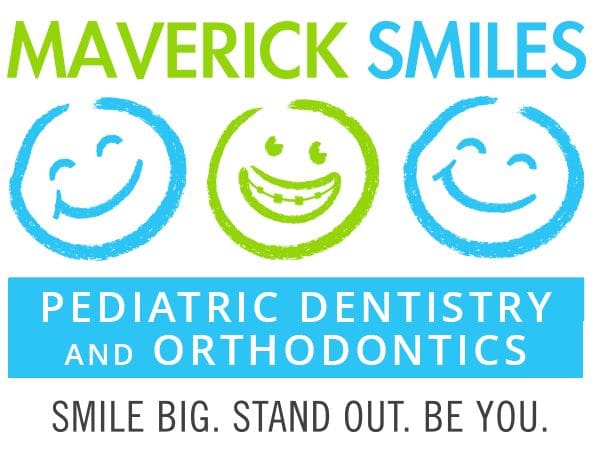Frequently Asked Questions
Why choose a pediatric dentist?
How often should my child see a pediatric dentist?
When should I schedule my child’s first dental appointment?
Are baby teeth important to my child?
When should you start using toothpaste, and how much to use?
How can parents help prevent tooth decay?
What is fluoride and how can I tell if my child is getting enough?
What should I do if my child has a toothache?
What should I do if my child has a toothache?
What is enamel hypoplasia?
What happens if my child has a dental emergency?
If trauma is localized to the mouth, have all the facts about the incident and medical history handy. Use a sterile gauze/cotton to stop bleeding and call the office as soon as possible.
If a baby tooth is knocked out, do not attempt to put it back in the socket.
If a permanent tooth is knocked out, gently rinse with clean water without scrubbing the tooth. Hold the tooth from the crown part (the top of the tooth) and if possible, safely replace the tooth in the socket. Otherwise, place the tooth in cold milk, patient’s saliva or clean water and bring it along to the office immediately. If the tooth is fractured, then also bring in any pieces you can find.
Any injured child will be seen before other children regardless of appointment time. If your appointment gets delayed due to an emergency during your child’s appointment, your patience will be appreciated. Do accept our apologies in advance.
What are dental x-rays and when should my child have them taken?
Can my child’s nutrition play a role in his/her oral health?
Special customized diet instructions may be recommended for children with special health care needs.
How can I prepare my child for their dental visits?
We don’t want ANYONE to dread going to the dentist! That’s why we make our environment as relaxing and fun as possible.
Are thumb sucking and pacifier habits harmful for a child’s teeth?
AAPD Guidelines
At Maverick Smiles, we follow the evidence-based guidelines from the American Academy of Pediatric Dentistry.
To read these guidelines click here →
https://www.aapd.org/research/oral-health-policies–recommendations/
